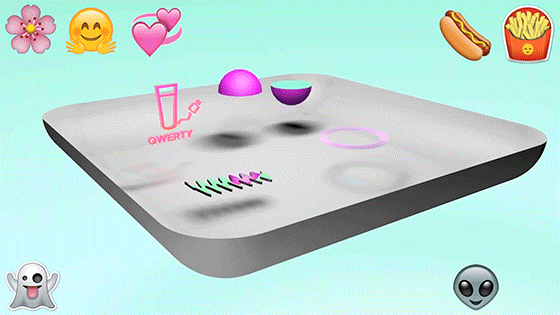Information Technology
is the utilization of PCs to store, think about, recoup, transmit, and control data,[1] or information, frequently with respect to a business or other enterprise.[2] IT is seen as a subset of information and correspondences advancement (ICT). In 2012, Zuppo proposed an ICT pecking request where each chain of significance level "contain some level of shared characteristic in that they are related to headways that support the trading of information and diverse sorts of electronically interceded communications."[3] The term is by and large used as a proportionate word for PCs and PC frameworks, be that as it may it moreover encompasses other information transport advancements, for instance, TV and telephones. A couple undertakings are connected with information development, including PC hardware, programming, contraptions, semiconductors, web, telecom rigging, and e-commerce.[4][a] People have been securing, recouping, controlling, and granting information since the Sumerians in Mesopotamia made writing in around 3000 BC,[6] yet the term information development in its propelled sense at first appeared in a 1958 article conveyed in the Harvard Business Review; scholars Harold J. Leavitt and Thomas L. Whisler commented that "the new development does not yet have a singular developed name. We may call it information development (IT)." Their definition includes three groupings: procedures for taking care of, the usage of quantifiable and logical strategies to fundamental authority, and the multiplication of higher-demand completely considering PC programs.[7] In perspective of the limit and dealing with advancements used, it is possible to perceive four specific times of IT change: pre-mechanical (3000 BC – 1450 AD), mechanical (1450–1840), electromechanical (1840–1940), electronic (1940–present).[6] This article focuses on the most recent time period (electronic), which began in around 1940.























0 comments:
Post a Comment